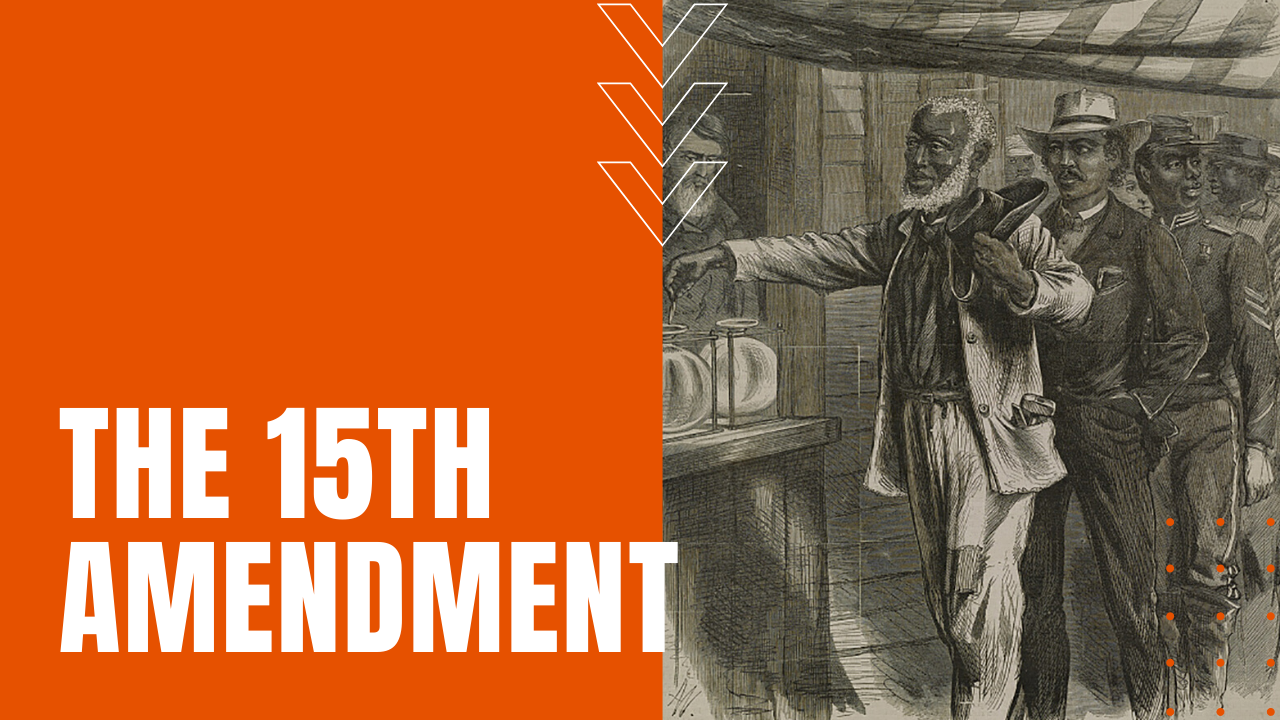What is the 15th Amendment?

In response to “Black Code” post-Civil War laws enacted by most southern states, intended to segregate African Americans while blocking them from the ballot box, in 1867, despite its immediate veto by President Andrew Johnson, a Republican-dominated U.S. Congress passed the First Reconstruction Act, which divided the South into five military districts intended to protect the constitutional rights of African Americans.
Known as carpetbaggers or scalawags, northern Republicans also sent in temporary and oftentimes profiteering leaders to ensure the rights of African Americans, making the period one of the most racially-progressive experiences in the region’s otherwise dark history of segregation.
The 15th Amendment
Three years later, Congress added weight to the First Reconstruction Act by passing the 15th Amendment, which stated that “The right of citizens of the United States to vote shall not be denied or abridged by the United States or by any State on account of race, color, or previous condition of servitude.”
While both the 14th and 15th Amendments to the U.S. Constitution guaranteed equality and voting rights to African Americans, southern legislators ended Reconstruction with the Compromise of 1877, which was a backroom deal that propelled losing presidential candidate Rutherford B. Hayes into the White House, provided Reconstruction in the South came to an immediate end.
The deal would end forced desegregation in the southern states, ushering in 87 more years of repressive Jim Crow laws across the region. Beginning with the ratification of the 24th Amendment in 1964, which made poll taxes illegal on federal elections, the same practice would be banned on state elections after a 1966 ruling by the U.S. Supreme Court.
Voting Rights Act
The Voting Rights Act of 1965 was signed into law on August 6 of that same year, which was enacted to make illegal all barriers at the state and local level designed to circumvent African American voting rights laid down by the 15th Amendment, including literacy tests and poll taxes applied solely to African Americans.
After a century of black codes and Jim Crow laws in the segregated south, African Americans at long last had the legal means to challenge restrictive voting laws, which combined with the Civil Rights movement of the 1960s to witness a substantial rise in black voter turnout against lingering and oftentimes violent segregationist sentiment in the South.
